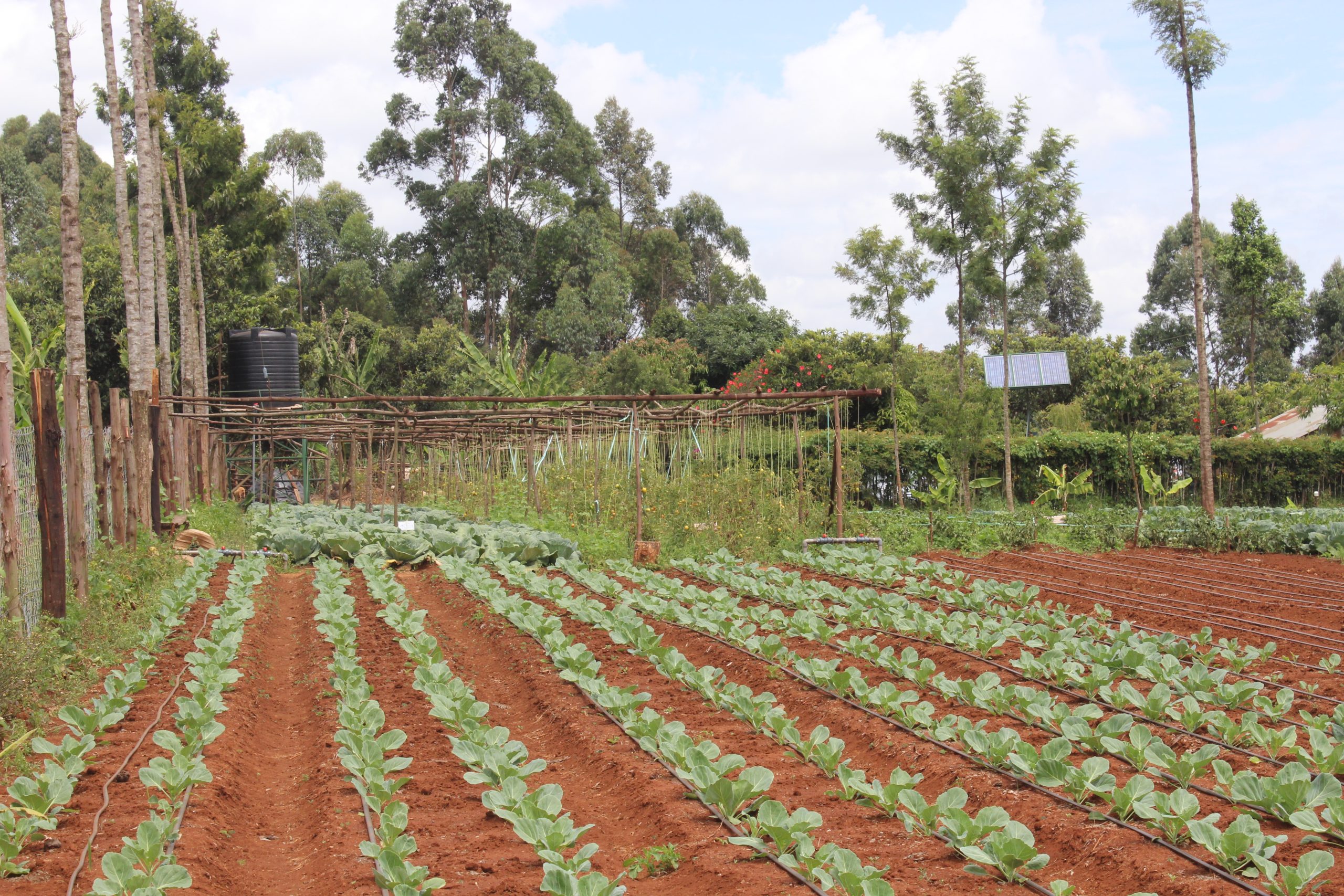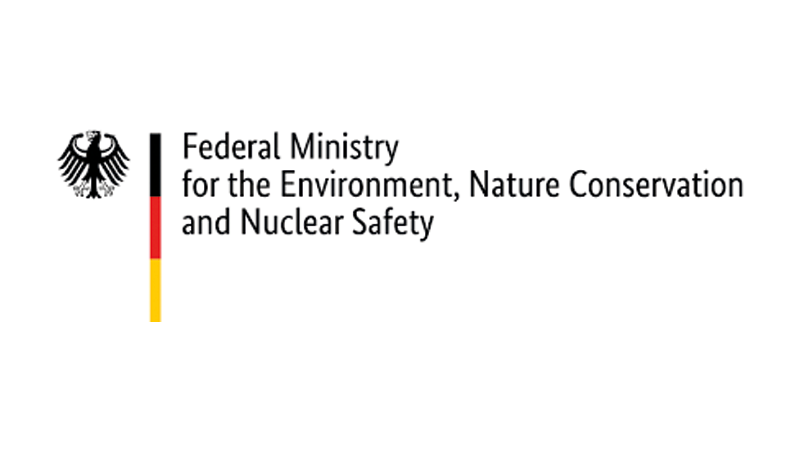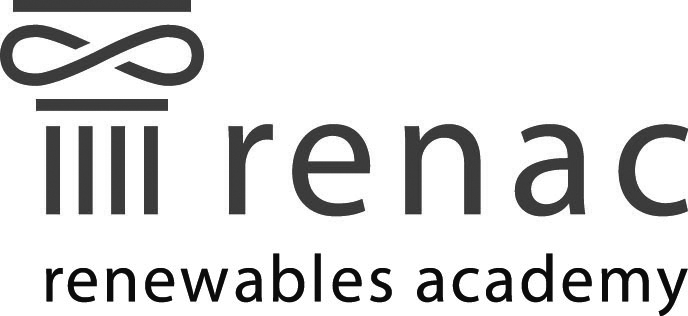
SOARING (Southern African Renewable Energy Investment and Growth)
Enabling SMEs working with productive use of renewable energy for agriculture

About this
Programme
The agricultural sector still plays a major role in Southern African economies, representing up to 27% of GDP and 13% of export earnings. Southern African countries face a considerable challenge in financing their climate change mitigation and adaptation plans.
Small and medium-sized enterprises (SMEs) form the backbone of Southern African economies, in the renewable energy and agricultural sectors, however, SMEs are facing substantial challenges in accessing finance through financial institutions locally.
Local development and commercial banks are increasingly gaining access to climate/green funds but are lacking the capacity and tools to build an investment pipeline to finance SMEs in these fields.

Our Solution
To overcome these market barriers, REEEP, in partnership with RENAC, is implementing the Southern African Renewable Energy Investment and Growth (SOARING) programme, which is taking a prototype approach to enable SMEs working with clean energy and productive use technologies leveraging renewable energies to access finance from the local financial sector.
With SOARING, REEEP and our partners are simultaneously supporting SMEs to provide clean energy solutions in rural areas and for agricultural value chains, countries to advance the NDC targets by displacing fossil fuels, and rural communities through improved resilience with access to clean and reliable energy.
The programme focuses on Zambia and Tanzania using blended finance instruments and green finance tools to unlock local currency financing to the sector via the existing infrastructure of national development banks and local financial institutions (participating LFIs), which provide the required penetration and capillarity to reach green SMEs and their end customers.
Ecosystem Approach
The main pillars of SOARING consist of the following activities and market supporting measures:
– Credit Enhancement Facility to de-risk “First mover” Financial Institutions and enable Project Developers to meet over-collateralization requirements.
– Climate Finance Capacity Building to improve renewable energy sector knowledge of financial institution’ stakeholders and to co-design risk assessment methodologies and market-fit financial solutions.
– Pipeline Origination and Development to match demand of renewable energy SMEs with supply of climate funds from local financial institutions.
– Platforms for Market Change for institutionalized stakeholder engagement on renewable energy finance.

Donors and Partners

Funder

Implementing Partner